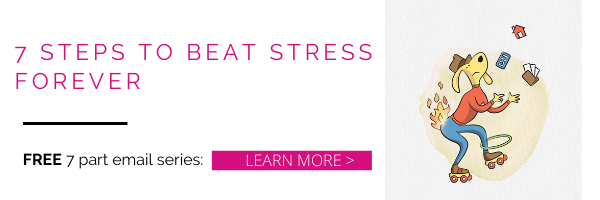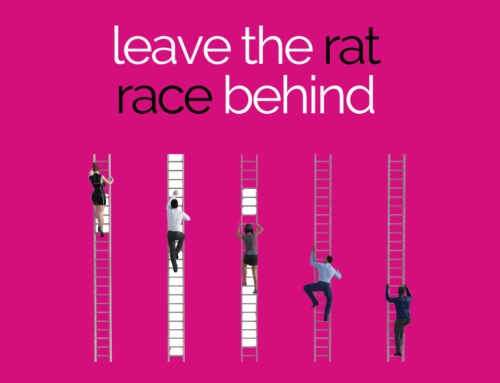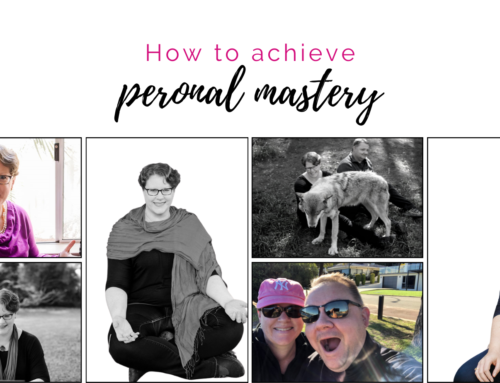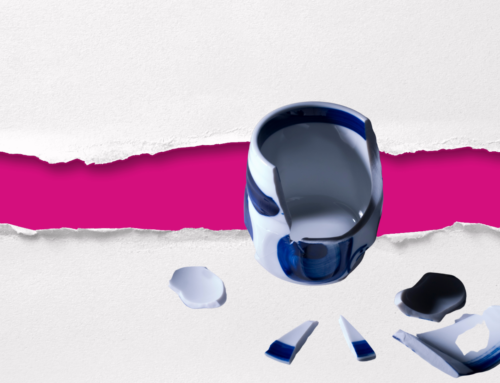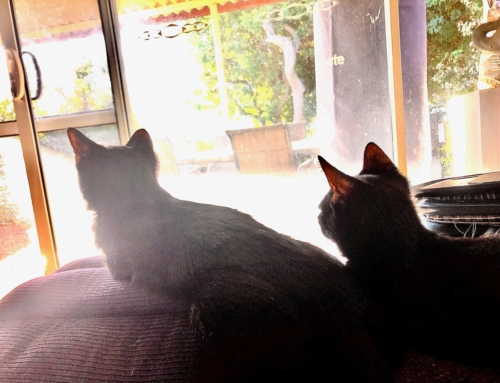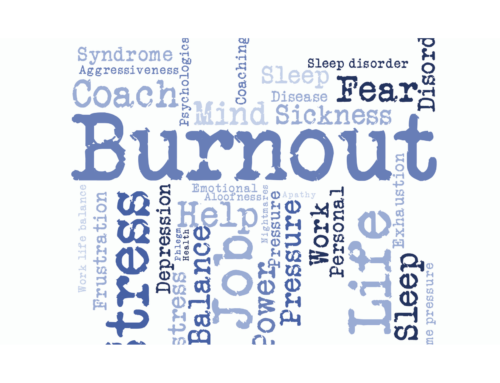Do you remember playing ‘Simon Says’ as a young child?
It’s widely recognised as a simple way to help young children with creativity, motor development, body awareness, sequencing skills, sportsmanship and self-regulation development.
Plus, you have the added benefits of being able to play it anywhere, anytime with no need to lug around lots of equipment or have any expense to play.
It’s free, good fun and kids love it … and just quietly, most adults love playing it with the kids as well!
But how many of us have actually left the game in our childhood?
Simon Says … put your hands on your head.
In the game, if Simon Says, then you do it, but if he doesn’t say, then you don’t.
If you do something Simon doesn’t tell you to do, then you’re ‘out’ and you ‘lose’.
The focus of the game is on helping kids develop what’s called physical literacy, which is the capacity to move the body with confidence and ease in a variety of ways throughout life. Learning this is equally crucial to a child’s growth as learning their alphabet, numbers, and sounds.
That’s great if you’re a kid, and you’re playing the game … but how much of this game spills over into life at later stages?
How many of us live our lives afraid to step outside what we’ve been told – whether it’s by Simon or literally anyone else – is right and wrong, good and bad, acceptable and not?
As adults, how many of us are now afraid of being ‘out’ or ‘losing’ if we get something wrong?
Children are like putty in our hands.
The way we shape and mould the children in our lives is instrumental to the way they will behave as adults. This is not a ‘nature versus nurture’ argument; there’s no question that our actions are a direct influence on children.
We have such a responsibility to the young ones in our lives; their future literally depends on the way we approach them today.
Does this mean that ‘Simon Says’ is a bad thing?
Not necessarily.
There is a lot of good that the game does for our little ones – especially in the physical literacy space.
So, how do we take what works and meld it with what enhances life further?
The life we lead is so highly visible, and we find ourselves wanting to win at all costs. That means that we’re afraid to try new things, to test the water, or to find different directions and experience life at its fullest.
What this means is that we are likely living a restricted, monochrome version of life when a full, technicolour version is available just a step away.
Perhaps there’s a way that we can play ‘Simon Says’ but also teach our young ones that it’s not about winning and losing. Maybe we can massage the rules a little, so we don’t get ousted on the first or even second go, but step to a new position to experience the game from a different perspective.
Maybe we can teach our kids that the game isn’t the ‘be-all’ and ‘end-all’ of life – so that they don’t carry the limitations of the game over into later years of their life.
What if we start to question Simon?
Simon has a lot to say, and from one perspective he can be really bossy!
What if, instead, we learn to question whether what Simon is asking us to do is what we really want to be doing? To question whether it’s right for us, or whether it fits our values?
What if we can take the parts of the game that help us to develop our physical literacy, and then move on?
Maybe it’s time for us to stop worrying about what Simon is telling us to do, and instead turn our attention to working out what is right for ourselves?
P.S. ‘Simon’ is interchangeable with Mary, Sandra, Eloise, Laura, Graham, Dean, Dong, Louis, Kate, Barry and any other name available in the world. None of them have YOUR answers, so by blindly doing what they say, they’ll have you running a merry dance that doesn’t match the tune that’s perfect for your life.
If want some help with ways to stop listening to Simon and start moving forwards differently, then dive into my free email series which you can get by. It’s full of seven of my favourite steps to overcome overwhelm, reduce stress, take back control and keep things super simple.
Bronwen Sciortino is a Simplicity Expert, an internationally renowned author and professional speaker and. You can follow her at her website; Facebook, Instagram, or LinkedIn.


